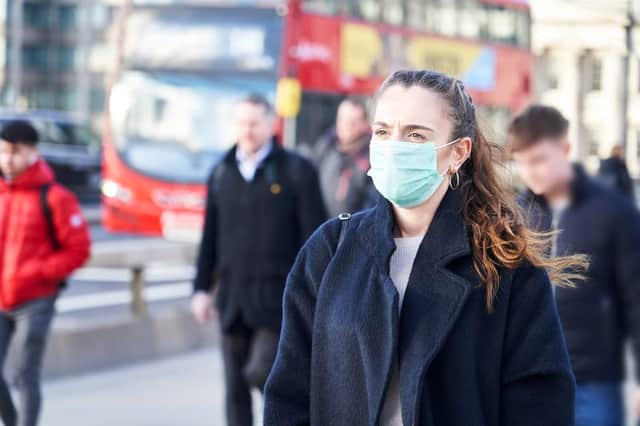New research suggests herd immunity is not a feasible coronavirus strategy - the science explained


A new Spanish study has suggested that herd immunity may not be a feasible way of tackling the outbreak of coronavirus.
Researchers studied more than 60,000 people and found that only five per cent of the Spanish population who had previously been infected with coronavirus had developed antibodies.
Advertisement
Hide AdAdvertisement
Hide AdWhat is herd immunity?
Herd immunity is achieved when the vast majority of a population becomes infected with a virus to prevent it spreading.
If such a high proportion of a population have already had the virus, or have become immune after a vaccination, it reduces further spread, helping to protect those who have not yet been infected.
Depending on how contagious a virus is, around 70 to 90 per cent of a population needs to be immune to protect the uninfected and achieve herd immunity.
Why is herd immunity not feasible?
The Spanish study, published in the medical journal The Lancet, found that not enough people have been infected with coronavirus for herd immunity to be feasible.
Advertisement
Hide AdAdvertisement
Hide AdIn coastal regions of Spain, the prevalence of coronavirus antibodies was less than three per cent, although in some parts with more widespread outbreaks, such as Madrid, this figure was higher at around 10 per cent.
In the report, the authors said, “Despite the high impact of Covid-19 in Spain, prevalence estimates remain low and are clearly insufficient to provide herd immunity.
“This cannot be achieved without accepting the collateral damage of many deaths in the susceptible population and overburdening of health systems.
“In this situation, social distance measures and efforts to identify and isolate new cases and their contacts are imperative for future epidemic control.”
Advertisement
Hide AdAdvertisement
Hide AdStudies in the US and China have identified similar findings, with most of the population appearing to have remained unexposed to the virus, even in areas where coronavirus had been particularly prevalent.
The findings from the study suggest that the best method for tackling the virus is a vaccine, as this would provide an immune response in the way herd immunity was intended to.
Speaking to the BBC, Danny Altman, Professor of Immunology at Imperial College London, said, "Findings such as this reinforce the idea that faced with a lethal infection that induces rather short-lived immunity, the challenge is to identify the best vaccine strategies able to overcome these problems and stimulate a large, sustained, optimal, immune response in the way the virus failed to do.”